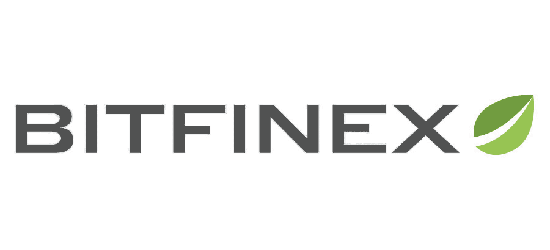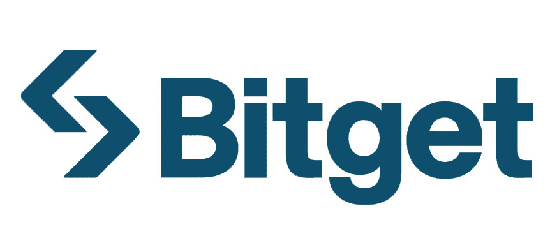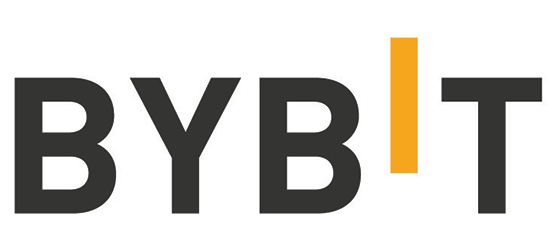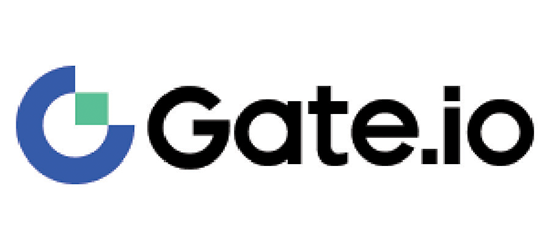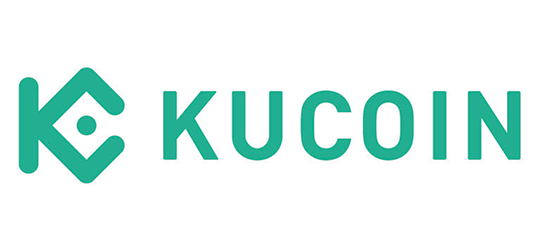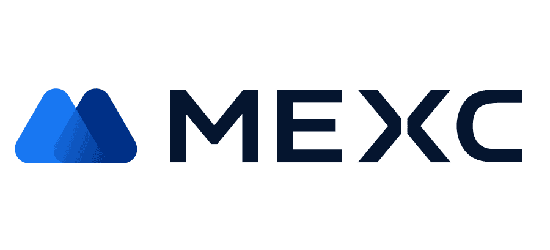
What is KYC in Crypto?
Learn about the KYC procedure in the crypto industry, its importance for regulatory compliance, and how it works in practice. Find out what information you need to provide, how it's verified, and what are the implications for privacy and security.
If you had ever interacted with a crypto exchange, it is highly likely you were asked to undergo an identity check or broadly known as KYC. KYC stands for "know your customer", and it’s the process of verifying customers’ identities.
KYC is a set of steps cryptocurrency exchanges take during onboarding to verify customer identity and perform due diligence to understand their financial activities.
KYC checks are an essential part of the global financial system's infrastructure and help cryptocurrency companies comply with anti-money laundering (AML) regulations. KYC is the first phase of Anti-Money Laundering (AML) due diligence, and it helps financial institutions determine the level of risk associated with a consumer. The main goal of KYC is to make sure that customers are who they say they are by verifying their identities.
KYC measures are now mandatory for many crypto platforms around the world. As the crypto industry grows, financial regulators are putting more pressure on firms to follow the same rules as traditional banks.
How Does KYC Work?
KYC verification steps are typically straightforward and when executed correctly, should be relatively quick and secure. Plus, crypto exchanges are often legally obligated to preserve account information with advanced security technology. Applying KYC for a crypto account is a standard and safe process.
Every crypto exchange will handle KYC differently. Some exchanges may only need minimal information, while others may require government-issued identification, which could take several days to verify.
Due to the global nature of the cryptocurrency industry, laws and regulations can vary significantly from one country to another. Even exchanges in the same country may have different interpretations of the law, which can lead to differences in their KYC requirements.
However, generally speaking, during the KYC process, you will need to provide the cryptocurrency exchange with your full name, date of birth, and residential address. Following this, the crypto exchange will ask you for a photo of a valid government-issued ID card, such as a driver's license or passport. They will then use this information to verify your identity. When your identity is successfully verified, they will provide you with access to their services.
In some instances, a cryptocurrency exchange will go through an enhanced customer due diligence process. In these instances, you may also be asked to provide them with a selfie and some additional information.
Can You Trade Crypto Without a KYC?
Is it possible to buy crypto without going through a KYC process? The short answer is yes, but it's far more complicated and risky.
Some exchanges may permit a customer to create an account prior to completing the crypto KYC procedure, but until identity verification is complete, these accounts are typically highly restricted. For instance, many exchanges will not allow a consumer to purchase or withdraw cryptocurrency until their identity has been verified. Others may impose deposit limits.
Despite this, some crypto users continue to seek out non-KYC exchanges. There are various reasons why people prefer to purchase cryptocurrencies without KYC verification. Some fear that submitting personal information for KYC verification can pose security risks since it may be susceptible to hacking or data breaches. Additionally, KYC verification may present an obstacle for people who do not have access to the required documentation or reside in countries where KYC verification is difficult or unfeasible.
Buyers who are extremely protective of their privacy can purchase cryptocurrency using decentralized exchanges (DEX) and bitcoin ATMs.
Bitcoin ATMs
Bitcoin ATMs allow users to buy and sell cryptocurrencies using cash. Some Bitcoin ATMs do not require KYC verification, but they often charge high fees. Bitcoin ATMs are not widely available and can be difficult to find.
Decentralized Exchanges (DEXs)
DEXs are decentralized cryptocurrency exchanges that allow users to trade cryptocurrencies without the need for a centralized intermediary. DEXs typically do not require KYC verification, but they can be complicated to use, especially for beginners. DEXs are often used for trading less popular cryptocurrencies that are not available on centralized exchanges. Liquidity on DEXs can be low, and trading fees can be high.
While it's possible to trade crypto without KYC, it's generally not recommended. It's much better for legitimate buyers to go through the KYC process with a regulated exchange. The process is quick and helps ensure that the exchange is compliant with AML regulations.
Benefits of Crypto KYC
Both cryptocurrency exchanges and its users can benefit significantly from KYC compliance. The anonymous and decentralized nature of cryptocurrencies makes it easy for bad actors to exploit the system. Strict KYC can help them minimize legal risks, build customer trust, maintain market stability, mitigate reputational damage, and reduce the risk of scams and money laundering, which have plagued the industry in recent years.
Protecting Users Funds
By requiring users to provide identification documents, exchanges can ensure that only the rightful owner of an account can access it. This helps to prevent unauthorized access and theft of funds. In the event of a security breach, KYC can help to identify the culprit and recover any lost assets.
Complying With Regulations
KYC can help minimize legal disputes and regulatory fines. Exchanges can avoid legal issues and keep their users' trust by following the rules. Having solid KYC procedures in place can also help them anticipate and adapt to new regulations.
Enhancing Reputation
KYC-compliant exchanges can mitigate reputational damage in the event of a hack or data breach. They can quickly take action to freeze or close accounts linked to criminal activity, minimizing the potential harm to their reputation. By implementing robust KYC procedures, exchanges can demonstrate their commitment to preventing fraudulent activity and protecting their users’ assets. This can help to build trust and attract new users to the platform.
Importance of KYC for Crypto Exchanges
KYC is a crucial procedure in the world of cryptocurrencies due to its compliance with global and national anti-money laundering (AML) and anti-bribery standards. Various nations have pledged to adhere to the recommendations of the Financial Action Task Force (FATF) since 1989. The FATF is an intergovernmental organization established to combat money laundering and terrorism financing. However, there is no uniform definition of Know Your Customer, and different regions have various versions of AML or KYC legislation.
The main objective of KYC is to prevent businesses from being used by criminal organizations for illegal purposes. By implementing KYC processes, businesses gain a clear understanding of their customers and financial dealings, enabling them to reject applicants with questionable or risky backgrounds. This helps businesses monitor client activities and avoid risks.
Cryptocurrencies operate outside of the regulations of governments and central banks, allowing users to make transactions quickly and securely with minimal fees. However, the very nature of cryptocurrency makes it a tempting option for criminals seeking to bypass conventional AML restrictions. Criminals convert "dirty" money into cryptocurrency and then cash out when they're done, making cryptocurrency exchanges a prime target for money laundering.
The importance of KYC compliance for cryptocurrency exchanges cannot be overstated. It builds investor confidence and reduces the risk of scams. By adhering to KYC regulations, exchanges can ensure that they are not being used for illicit activities.
Exchanges without KYC
KYC requirements do not apply to decentralized exchanges (DEXs), where trades are organized through smart contracts rather than a central trading desk. Some people argue that requiring KYC goes against the decentralized nature of cryptocurrency since exchanges should not request users' personal information or documents.
These institutions are not financial intermediaries or counterparties, and their users trade directly with one another. However, regulators around the world are continually modifying the laws governing crypto KYC, making DEXs enforcing KYC a future possibility.
Some of the most popular DEXs with no KYC are Uniswap, Sushiswap, dYdX, Kyberswap, and many more. There are also centralized exchanges that do not require KYC including Probit, CoinEx, Changelly etc.
It is important to note that although these exchanges do not require KYC, users may still be obligated to provide personal information to withdraw funds. Furthermore, regulators are continually tightening laws regarding crypto, which may require these exchanges to implement KYC measures in the future.
What Are the Risks of Buying Crypto Without KYC?
There is a high degree of danger involved when purchasing cryptocurrencies on exchanges that do not enforce KYC verification. While anonymity may seem appealing, it's important to consider the potential dangers associated with buying crypto on exchanges without KYC.
First and foremost, buying cryptocurrency on an exchange without KYC may lead to loss of funds. If the exchange is not regulated, they may not have the necessary security measures in place to safeguard against hacks and theft. If the exchange is hacked, users may lose their funds, and there may be little recourse available to them. Moreover, these exchanges may not have adequate customer support or legal protections, making it difficult for users to seek compensation for any issues they may encounter.
Participating in an exchange without KYC may result in regulatory action against the exchange or its customers. Governments and financial regulatory bodies worldwide are increasingly cracking down on unregulated exchanges and illicit activities related to cryptocurrency. By using these exchanges, users may be inadvertently breaking the law and could face legal consequences.
FAQ
What are the advantages of cryptocurrency & virtual asset compliance?
Compliance with cryptocurrency and virtual asset regulations can help protect investors and prevent illicit activities such as money laundering and terrorism financing.
Is KYC safe in Crypto?
Yes, KYC in the crypto industry is generally safe as long as users choose reputable exchanges and platforms that comply with regulations and have proper security measures in place to protect users' personal information.
Is KYC mandatory for crypto?
KYC is mandatory for regulated crypto exchanges and other virtual asset service providers in most jurisdictions to comply with anti-money laundering (AML) and counter-terrorism financing (CTF) regulations.
Why are AML and KYC important in the crypto industry?
AML and KYC are important to prevent money laundering, terrorist financing, and other illicit activities. Compliance with these regulations helps to protect investors and prevent the use of cryptocurrencies for criminal purposes.
Do crypto wallets need KYC compliance?
Crypto wallets generally do not need KYC compliance since they do not involve the buying or selling of virtual assets. However, some wallet providers may require KYC for certain services, such as exchanging crypto within the wallet or using the wallet to interact with virtual asset service providers that require KYC compliance.













